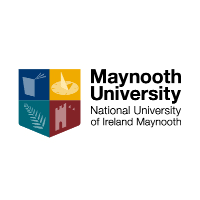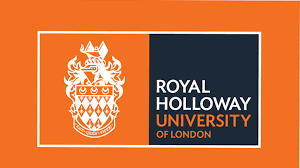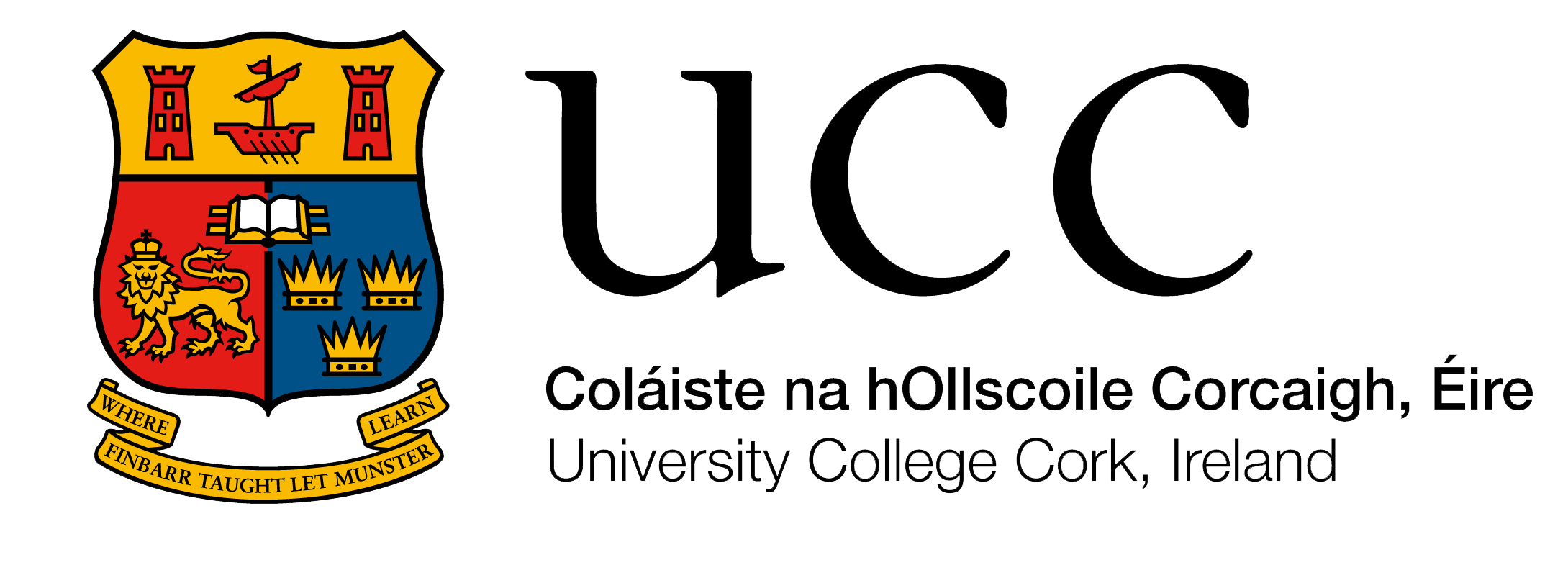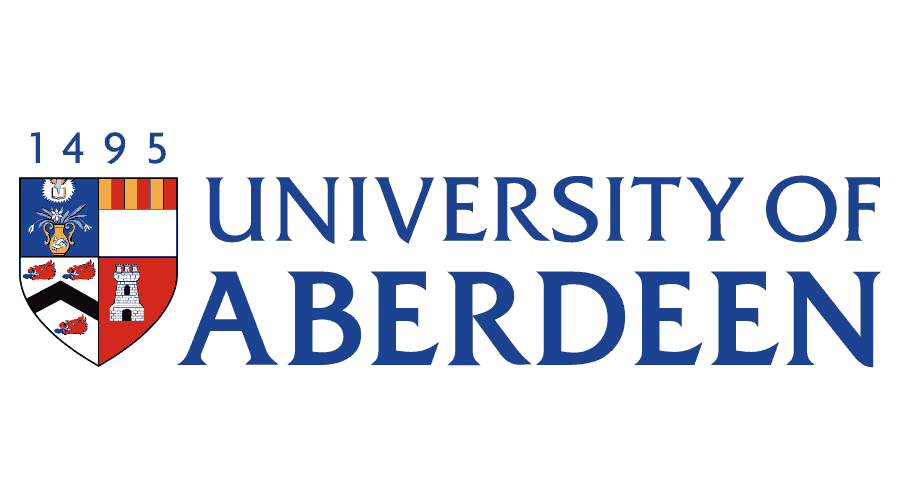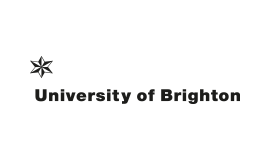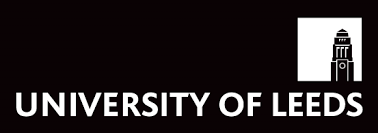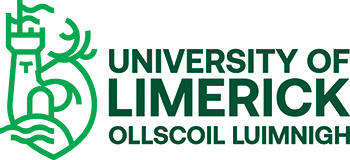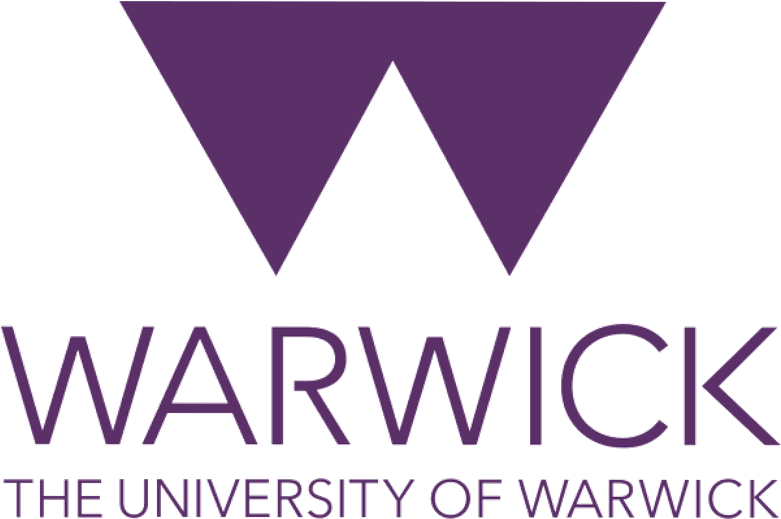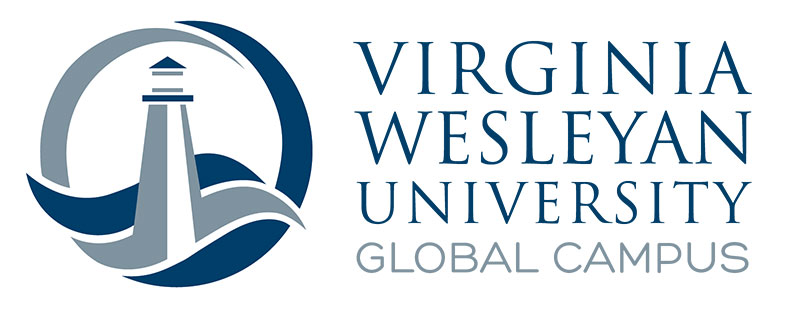Social Science: Exploring Human Societies and Global Challenges
Social Science is a fascinating field that delves into the intricacies of human behavior, societies, cultures, and institutions. For Indian students aspiring to study abroad, pursuing a degree in Social Science opens doors to understanding global issues like inequality, urbanization, and social justice through an international lens. Whether you're interested in anthropology, sociology, political science, or economics, this discipline equips you with critical thinking skills to address real-world problems. In today's interconnected world, a Social Science education from abroad can give you a competitive edge, blending theoretical knowledge with practical, cross-cultural experiences.
Why Choose Social Science for Your Study Abroad Journey?
India's diverse society provides a strong foundation for Social Science studies, but studying abroad allows you to compare and contrast global perspectives. Imagine analyzing India's caste system alongside Western social structures or exploring sustainable development in Europe versus Asia. For Indian students, this field is particularly rewarding because it aligns with national priorities like social welfare and policy-making, while offering international exposure that enhances employability back home or abroad.
- Global Relevance: Social Sciences address pressing issues like climate change, migration, and digital ethics, making graduates highly sought after in NGOs, governments, and corporations.
- Interdisciplinary Nature: Combine subjects like history, psychology, and geography to tailor your degree to interests in international relations or community development.
- Career Flexibility: From policy advising to human resources, opportunities span public and private sectors.
- Cultural Immersion: Living abroad fosters adaptability, a key skill for Indian students navigating multicultural environments.
With the rise of India's economy, Social Science graduates are pivotal in shaping policies for sustainable growth. Studying abroad not only boosts your resume but also qualifies you for scholarships aimed at developing nations' students.
Popular Destinations for Social Science Studies
Choosing the right country is crucial for Indian students. Factors like tuition fees, visa ease, and cultural similarities play a role. Here's a breakdown of top destinations:
| Country | Key Attractions | Average Tuition (per year, INR equivalent) | Popular Universities |
|---|---|---|---|
| USA | Diverse programs, research opportunities, strong focus on interdisciplinary studies. | 20-40 lakhs | Harvard University, University of California (Berkeley) |
| UK | Short course durations (1-year Master's), rich historical context for social studies. | 15-30 lakhs | University of Oxford, London School of Economics (LSE) |
| Canada | Affordable living, post-study work visas up to 3 years, emphasis on indigenous studies. | 12-25 lakhs | University of Toronto, McGill University |
| Australia | Focus on Asia-Pacific issues relevant to India, vibrant student life. | 18-35 lakhs | University of Melbourne, Australian National University |
These countries offer streamlined visa processes for Indian students, with options like the UK's Graduate Route visa allowing 2 years of post-study work.
Top Universities and Programs for Indian Students
Renowned institutions provide specialized Social Science programs tailored for international students. Many offer scholarships covering up to 50% of fees for high-achieving Indians.
- Harvard University (USA): The Department of Social Studies offers a unique AB program integrating history, philosophy, and social theory. Ideal for students interested in global policy; GRE optional for many intakes.
- London School of Economics (UK): BSc in Social Policy or MSc in Sociology, with modules on development in emerging economies like India. One-year programs save time and money.
- University of Toronto (Canada): BA in Social Sciences with streams in anthropology and political science. Strong support for international students through orientation programs.
- University of Melbourne (Australia): Bachelor of Arts in Social Sciences, focusing on human rights and migration—topics resonant with India's diaspora experiences.
Admission typically requires a 10+2 with 60-70% marks, IELTS/TOEFL scores (6.5+ band), and a statement of purpose highlighting your interest in social issues.
Typical Course Structure and Curriculum
Social Science degrees abroad are structured to build foundational knowledge before specializing. A Bachelor's (3-4 years) starts with core modules, while Master's (1-2 years) dive deeper into research.
Bachelor's Level Overview
- Year 1: Foundations – Introduction to Sociology, Economics, and Political Science. Learn research methods like surveys and data analysis.
- Year 2: Core Electives – Courses on Cultural Anthropology, Global History, and Social Psychology. Group projects simulate real-world collaborations.
- Year 3-4: Specialization and Internship – Choose tracks like International Development or Urban Studies. Mandatory internships with NGOs or think tanks provide hands-on experience.
Master's Level Highlights
Advanced programs emphasize thesis work. Common modules include:
- Quantitative Methods: Using software like SPSS for social data analysis.
- Qualitative Research: Ethnographic studies and case analyses, often involving fieldwork abroad.
- Policy and Ethics: Debating topics like gender equality in India versus the West.
- Capstone Project: A dissertation on issues like social media's impact on youth in developing countries.
Many programs incorporate virtual exchanges with Indian universities, bridging global and local insights.
Skills You'll Gain from a Social Science Degree
Studying Social Science abroad hones transferable skills that are invaluable for Indian students entering a dynamic job market.
- Critical Analysis: Evaluate complex social phenomena, essential for roles in journalism or consulting.
- Research Proficiency: Master tools for evidence-based decision-making, useful in policy think tanks like NITI Aayog.
- Communication: Present ideas persuasively, aiding careers in diplomacy or public relations.
- Cultural Sensitivity: Navigate diverse teams, a boon for multinational firms in India.
- Problem-Solving: Tackle issues like poverty alleviation through innovative approaches.
These skills align with India's growing need for social innovators, as seen in initiatives like Swachh Bharat.
Career Opportunities and Prospects
Social Science graduates enjoy versatile career paths. In India, demand is high in sectors like education, healthcare, and government. Abroad, opportunities abound in international organizations.
| Career Path | Key Roles | Average Starting Salary (INR equivalent) | Top Employers |
|---|---|---|---|
| Public Policy | Policy Analyst, Civil Servant | 8-15 lakhs | UN, World Bank, Indian Government |
| Non-Profit/NGO | Program Coordinator, Community Organizer | 6-12 lakhs | Amnesty International, Oxfam India |
| Corporate Sector | HR Specialist, Market Researcher | 10-18 lakhs | Google, Deloitte, Tata Group |
| Academia/Research | Lecturer, Research Fellow | 7-14 lakhs | IITs, JNU, Overseas Universities |
With experience, salaries can exceed 25 lakhs annually. Many Indian alumni return to contribute to social enterprises or pursue civil services like IAS.
Scholarships and Financial Aid for Indian Students
Funding your dream is easier than you think. Indian students can access merit-based and need-based scholarships.
- Fulbright-Nehru Scholarship (USA): Covers tuition and living expenses for Master's in Social Sciences.
- Chevening Scholarships (UK): Full funding for one-year programs, prioritizing leadership potential.
- Vanier Canada Graduate Scholarships: Up to CAD 50,000 for research-focused Social Science degrees.
- Australia Awards: Targets students from India for development-related studies, including stipends.
- University-Specific Aid: LSE's Graduate Support Scheme or Harvard's financial aid packages often waive fees for internationals.
Apply early via platforms like EducationUSA or the British Council. Part-time work (up to 20 hours/week) in host countries can offset costs.
Application Process and Tips for Success
Securing admission requires preparation. Follow these steps:
- Research Programs: Use sites like QS Rankings to shortlist universities by September for fall intakes.
- Prepare Documents: Transcripts, SOP (emphasize Indian social context), LORs from professors.
- Standardized Tests: Aim for IELTS 7.0 or TOEFL 100; some waive for strong academics.
- Visa Application: Post-acceptance, apply for F-1 (USA) or Tier 4 (UK) with proof of funds.
- Pre-Departure: Attend webinars on cultural adaptation to ease homesickness.
Tip for Indian Students: Highlight extracurriculars like volunteering with NGOs to showcase your passion for social change.
Student Testimonials
"Studying Sociology at LSE transformed my view on India's urban challenges. The global network I built is priceless!" – Priya S., from Mumbai, now at UNICEF India.
"Canada's inclusive environment helped me blend Indian perspectives with Western theory. Grateful for the post-study work visa!" – Arjun K., University of Toronto alum, policy consultant in Delhi.
Embark on your Social Science journey abroad today—it's not just a degree, but a pathway to impactful change.



